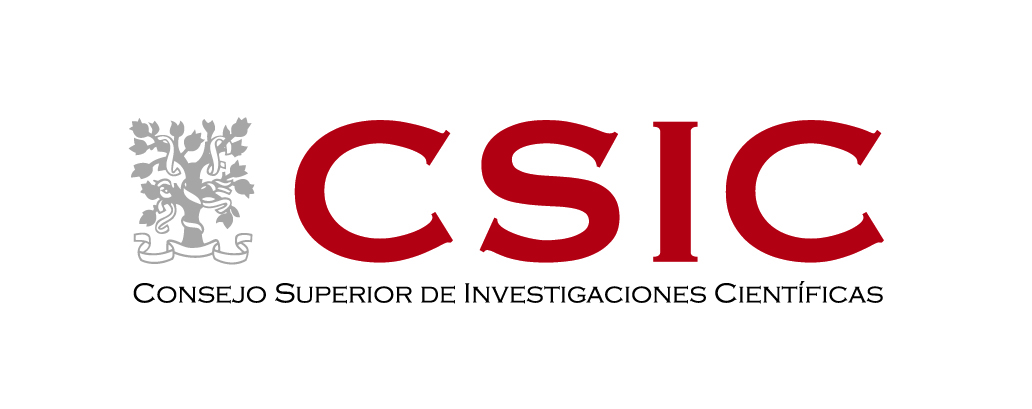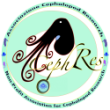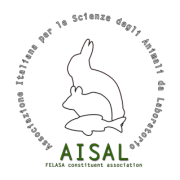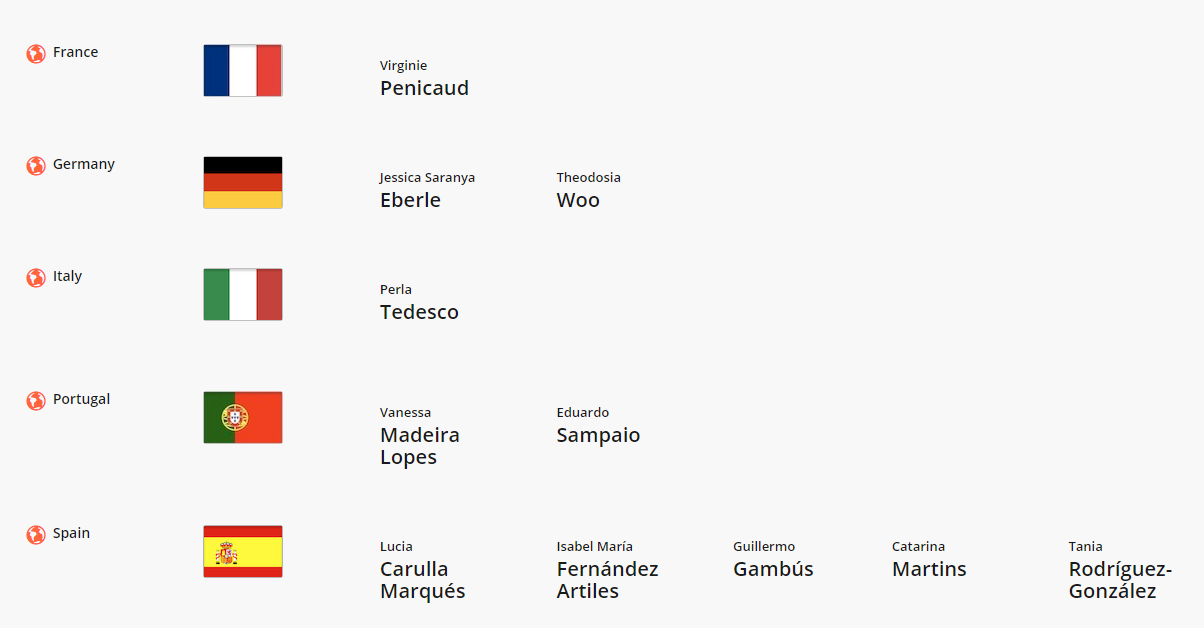CephsInAction Training School – Cephs Biology and Care (CBC-ASP2016)
14 – 17 March 2016, Barcelona (Spain)


The COST Action FA1301 CBC Training Program is pleased to announce the Cephalopod Biology and Care FA1301 Training School on Anesthesia and Scientific Procedures (CBC-ASP2016) that will run in Barcelona (Spain), March 14th – March 17th 2016.
This webpage will be revised frequently, please visit it for updates!
CBC-ASP2016 Training School is a practical course, time for theoretical sessions is limited and expected to be very closely related to the ‘practicals’.
CBC-ASP2016 is open to people who perform the four functions, as stated in article 23 of the Directive 2010/63/EU: carrying out procedures on animals; designing procedures and projects; taking care of animals; killing animals. It is part of the Cephalopod Biology and Care Training Program and is designed to comply the requirements of the “working document on the development of a common education and training framework to fulfil the requirements under the Directive 2010/63/EU”.
The lectures included in the program will provide the theoretical framework for carrying out procedures and will complement with some aspects of the biology and physiology of cephalopods that is related with a given aspect of each procedure considered in the objectives of the CBC-ASP2016.
Each lecture will also serve as briefing on i. planning and preparation, ii. what to look for, iii. what side effects/adverse events are expected, and iv. what do I do if something goes wrong.
The official registration to the CBC-ASP2016 Training School is now closed!
Grants to support CBC-ASP2016 Trainees through the COST Action FA1301 – CephsInAction are now assigned!
Program
Cephalopod Biology and Care FA1301 Training School on Anesthesia and Scientific Procedures (CBC-ASP2016) will cover the following list of topics:
Scientific Procedures: definitions, levels of severity, context and application of principles stated in Directive 2010/63/EU to cephalopods as experimental animals
Animal care, handling, individual identification and marking of cephalopods: general principles, cases and examples
Substance administration (e.g.: subcutaneous, intramuscular, intra-venous); this will also include discussion on: the requirements for anaesthesia/harm benefit of general anaesthesia vs no anaesthesia; anatomical landmarks; potential adverse effects; consideration of effects of vehicles and substances given, choice of route
Handling and care of cephalopod egg masses
Local anaesthesia and analgesia
Behavioural studies (e.g.): conditioning techniques; exposure of an animal to stimuli potentially aversive or known to evoke escape responses, including predators; effects of noise exposure; daily monitoring of animals behavior
Anaesthesia (general and local) and analgesia – topics included (not exhaustive list): induction, maintenance and recovery; short term effect of anesthesia on the behavior of an animal; importance of continuous monitoring of animals subjected to a procedure
Substance administration (e.g.): oral, subcutaneous, intramuscular, intra-venous; potential adverse effects; consideration of effects of vehicles and substances given, choice of route
Haemolymph sampling: site, anatomical landmarks, outline for samples handling and the potential of hemolymph as study sample
Requirements for anaesthesia/harm benefit of general anaesthesia vs no anaesthesia in procedures;
Humane killing and confirmation of death
Tissue Sampling, Biopsy
Assessment of health and welfare: definitions, general principles, guidance and applicability of indicators of health and welfare of levels of severity, context and application of principles stated in Directive 2010/63/EU to cephalopods as experimental animals.
The most commonly utilized cephalopod species will be covered during the Training School, i.e.: cuttlefish, octopus and squid (availability of live squids may be limited due to season). Dead and live animals will be available following principles for best training and Directive 2010/63/EU.
Details on the content of the training delivered are available at the CBC-ASP2016 Sharepoint
Financial Support
FA1301 Training School Grants assigned
The COST Action FA1301 offers a limited number grants to support Trainees to the CBC-ASP2016 Training School.
People asking for financial support should provide a strong case in their Motivation Letter, Early Stage Researchers and students will be privileged.
Only people originating from COST countries, approved NNC institutions and European RTD organizations are eligible to COST FA1301 Grants.
Please, remember that, according to the COST Vademecum, the grant is provided as reimbursement after the completion of the Training School.
Registration & Fees
Registration to CBC-ASP2016 Training School is now closed. We are proud to announce that 15 people successfully registered and have been admitted to the CBC-ASP2016 Training School.
In registering make sure that all sections included in the registration form are completed. Incomplete forms will be not considered and returned to applicant.
Registration is on first-come, first-served basis; please consider that SPACE IS LIMITED!
There are two registration fees: one including lodging and all meals, and one for people that want to provide lodging on their own.
– FULL REGISTRATION course fee is Euro 650.00
The registration fee includes:
course material
access to the CBC sharepoint including teaching material delivered for one year after the end of the course
lunches and coffee breaks
Accommodation: hotel double room (sharing) from Sunday March 13 2016 (IN – arrival afternoon) to Friday March 18 2016 (OUT morning departure)
breakfast from Monday to Friday
People that want to have independent, single accommodation should add 100 euro.
– Course only REGISTRATION fee is Euro 400.00
The course only registration only fee includes:
course material
access to the CBC sharepoint including teaching material delivered for one year after the end of the course
lunches and coffee breaks
– Cancellation Policy
Full refund of the Course Fee will be provided in case of cancelling 10 days before commencement of the Course. In case of cancelling on a later date or no-show Euro 120.00 will be invoiced.
For people cancelling and those that will not-show and that selected and agreed for the Full Registration Fee consider to add 120 Euro to the above cancellation fee as single day accommodation full board, including taxes.
The cancellation fee will be invoiced.
Registration to CBC-ASP2016 is now CLOSED!
Venue
The Instituto de Ciencias del Mar is the Venue of this FA1301 Training School.
ICM is located in Passeig Marítim de la Barceloneta, Barcelona (Spain).
Instituto de Ciencias del Mar (ICM-CSIC)
Consejo Superior de Investigaciones Científicas
Passeig Maritim 37-49
08003 Barcelona
Spain
The Institute, belonging to the CSIC holds two different research areas: Natural Resources and Agricultural Sciences, the latter involving research on the aquaculture of important commercial species. It is the largest marine research center in Spain and one of the most important in the Mediterranean region. Its mission is entirely devoted to the study of oceans and seas. With a team of over 200 specialists in different fields spanning from physics, to chemistry, geology and biology, ICM provides a broad vision of the marine ecosystem, and the ability to assess changes and human impacts on the environment, thus to contributing to seek appropriate solutions. The ICM is also committed to communicating and disseminating knowledge acquired through scientific activities.
To favour the scientific activities the ICM possess various technical and support services.
All the experimental procedures that are part of the CBC-ASP2016 program will be carried out at the ICM-ZAE (Area of Aquariums and Experimental Chambers).
ICM-ZAE is one of the most modern facilities available in the Mediterranean area, and designed to hold various kinds of aquatic organisms and to facilitate research in different aspects of their biology. It occupies an area of 650 sqm and consists of several rooms with aquariums, eleven thermoregulated chambers, a wet laboratory and a dry laboratory, etc. The seawater is obtained from an underwater intake placed at 300 meters from the coast (10 m depth). A storage tank of 7000 liters can be used to work with water from other areas. The facility is computer-controlled and monitored 24 hours a day by a system of sensors connected to alarms. The Mediterranean seawater can be customized to different treatments of filtration, temperature and salinity and can be supplied to 150 aquaria (15 – 5000 l), equipped with controlled environmental variables (e.g. light intensity and photoperiod, dissolved oxygen and nutrients).
Barcelona is the second largest city in Spain, and the venue of the first Scientific Meeting of the COST Action FA1301.
Located in the coastline of the Mediterranean Sea North East of Spain, Barcelona is the capital of Catalonia, a Spanish region with its own culture and language. Barcelona is one of the preferred cities of Europe for congresses and tourism, thanks to its nice Mediterranean weather, modern art and architecture and excellent public transport, housing and food facilities.
Course Organization and Scientific Direction
Dr Mercedes Blázquez & Dr Roger Villanueva
Instituto de Ciencias del Mar (CSIC)
Paseo Marítimo 37-49
08003 Barcelona, Spain
Prof Patri Vergara
Unitat de Fisiologia Animal
Departament de Biologia Cellular, Fisiologia i Immunologia
Facultat de Veterinaria
Universitat Autonoma de Barcelona
08193 Bellaterra, Spain
Dr Graziano Fiorito
Stazione Zoologica Anton Dohrn
Napoli, Italy
The Association for Cephalopod Research – CephRes
CBC-ASP2016 Faculty
Cephalopod Biology and Care Program Director

Dr Graziano Fiorito
Head, Department of Biology and Evolution of Marine Organisms
Stazione Zoologica Anton Dohrn Napoli
Octopus Behavioral Biology
The Association for Cephalopod Research – CephRes, Italy

Prof. Paul Andrews
Emeritus Professor of Comparative Physiology
St George’s University of London
United Kingdom

M. Sc. Fernando Angel Fernandez-Alvarez
Institut de Ciències del Mar, Barcelona
Spain

Dr Viola Galligioni
The DVM PhD Director, Animal Center
ICRC – International Clinical Research Center
St Anne’s University Hospital Brno, Czech Republic
The Association for Cephalopod Research – CephRes
Italy

Dr João Pereira
Portuguese Institute of the Sea and Atmosphere (IPMA)
Portugal

Dr Giovanna Ponte
The Association for Cephalopod Research – CephRes
& Stazione Zoologica Anton Dohrn – Napoli
Italy
Dr Marta Solé
Laboratory of Applied Bioacoustics, Technical University of Catalonia, Barcelona
Spain

Dr Antonio de Vilhena Sykes
CCMAR – Centre of Marine Sciences
Universidade do Algarve
Campus de Gambelas, Faro
Portugal

Dr Roger Villanueva
Institut de Ciències del Mar, Barcelona
Spain

Dr Kerstin Warnke
Freie Universität Berlin,
FR Paläontologie in Berlin
Germany
CBC-ASP2016 is a Training School of the COST Action FA1301





CBC-ASP2016 is realized with the support and coordination of the Association for Cephalopod Research – CephRes
also supported by

| M | T | W | T | F | S | S |
|---|---|---|---|---|---|---|
| 1 | 2 | 3 | 4 | 5 | 6 | |
| 7 | 8 | 9 | 10 | 11 | 12 | 13 |
| 14 | 15 | 16 | 17 | 18 | 19 | 20 |
| 21 | 22 | 23 | 24 | 25 | 26 | 27 |
| 28 | 29 | 30 | ||||
This website is supported by COST, European COoperation in Science and Technology




